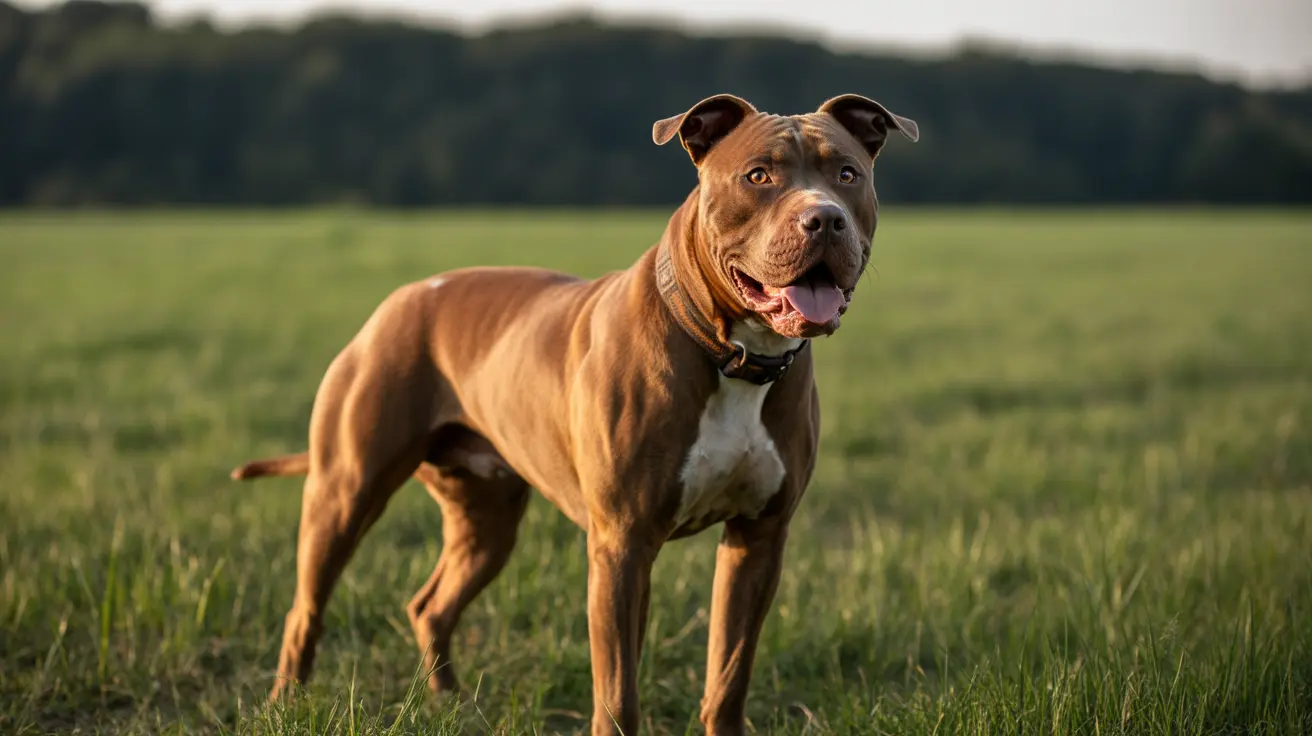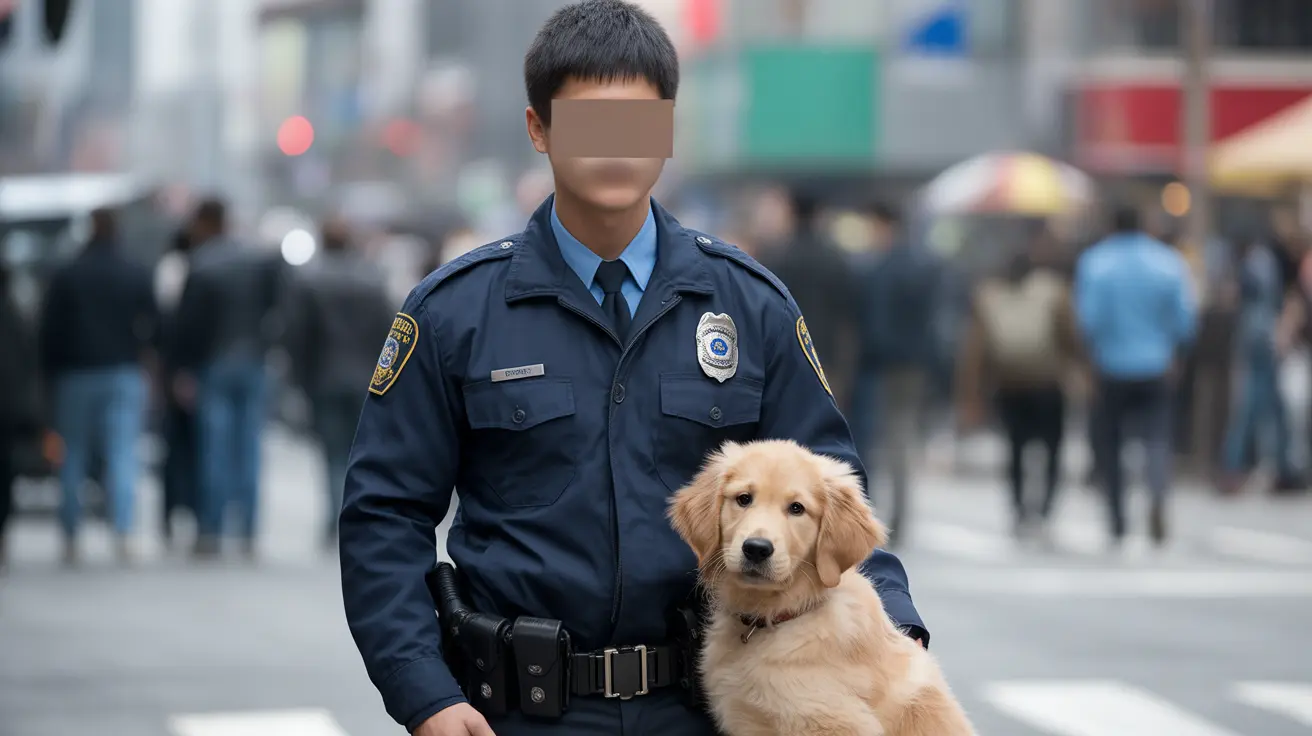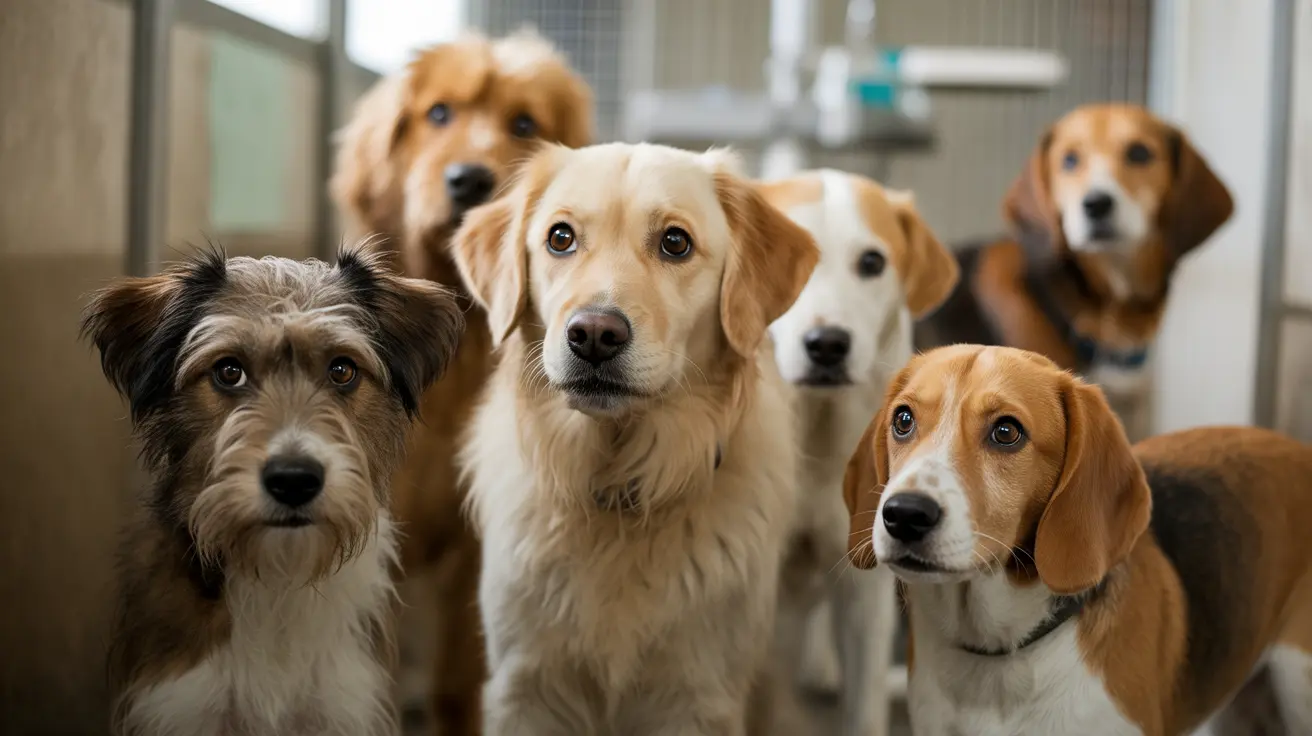What To Do If Your Dog Ate a Small Piece of Onion
Onions are a common ingredient in many human meals, but they pose a serious threat to dogs. While it might seem harmless if your dog consumes a small piece, onion ingestion can result in significant health problems for your pet. Here’s what every pet owner needs to know and how to act promptly in such a situation.
Why Onions Are Toxic to Dogs
Onions contain a compound called N-propyl disulfide, which is toxic to dogs. This substance causes damage to the red blood cells by attaching to their oxygen molecules, leading to hemolytic anemia—a condition in which red blood cells are destroyed faster than they can be produced.
All parts of the onion plant—including the bulb, leaves, juice, and powders—are toxic. Moreover, other members of the Allium family like garlic, chives, shallots, scallions, leeks, and green onions share this risk.
Risk Factors for Onion Toxicity
- Even small amounts can be dangerous, especially for smaller breeds.
- The toxic dose is around 0.5% of the dog’s body weight.
- Repeated consumption can build up toxicity over time.
- Certain breeds like Akitas and Shiba Inus are more sensitive.
- Dogs with anemia, diabetes, or liver disease are at higher risk.
Signs and Symptoms of Onion Toxicity
Symptoms typically manifest within 24–72 hours after ingestion, although they may take several days to appear, especially in mild cases.
- Vomiting and diarrhea
- Excessive drooling
- Abdominal discomfort
- Loss of appetite
- Lethargy and weakness
- Pale or yellow gums
- Rapid heartbeat and panting
- Discolored (red or brown) urine
- Collapse or fainting
What You Should Do Immediately
- Do not induce vomiting unless instructed by your vet.
- Call your veterinarian or an emergency vet line immediately.
- Note the amount and type of onion ingested.
- Monitor your dog for symptoms for up to 72 hours.
- Keep a record of any changes in behavior or physical condition.
Veterinary Treatment for Onion Ingestion
If onion ingestion was recent (within two hours), the vet may induce vomiting or administer activated charcoal to limit toxin absorption. Severe cases may require:
- Intravenous fluids to flush toxins and support circulation
- Oxygen therapy if red blood cell levels are significantly reduced
- Blood transfusions in life-threatening anemia cases
- Hospitalization for close monitoring and intensive care
Diagnosis often involves a blood smear to detect Heinz bodies, which confirm oxidative damage to red blood cells.
Preventing Onion Toxicity
Prevention is the best defense. Pet parents should:
- Avoid feeding dogs table scraps that contain onions or related ingredients.
- Store onions and seasonings out of reach of pets.
- Check ingredients on packaged foods for onion or garlic powder.
- Educate family and visitors about not feeding your dog human food.
- Use pet-safe vegetables such as carrots, peas, green beans, pumpkin, and cucumber.
Safe Alternatives to Onions for Dogs
If you're looking for vegetables that are safe and nutritious for dogs, consider:
- Carrots – Great for chewing and rich in beta-carotene
- Green beans – Low in calories and high in fiber
- Peas – A tasty source of vitamins A and B
- Pumpkin – Helps with digestion
- Cucumbers – Hydrating and low-calorie
Final Thoughts
A single small onion piece might not seem dangerous, but even low-level exposure can lead to cumulative effects, especially in smaller or predisposed dogs. Immediate action and veterinary guidance are crucial, even if symptoms have not yet appeared. With prompt care, most dogs recover fully from limited exposure. The key is early intervention and preventing future incidents.





